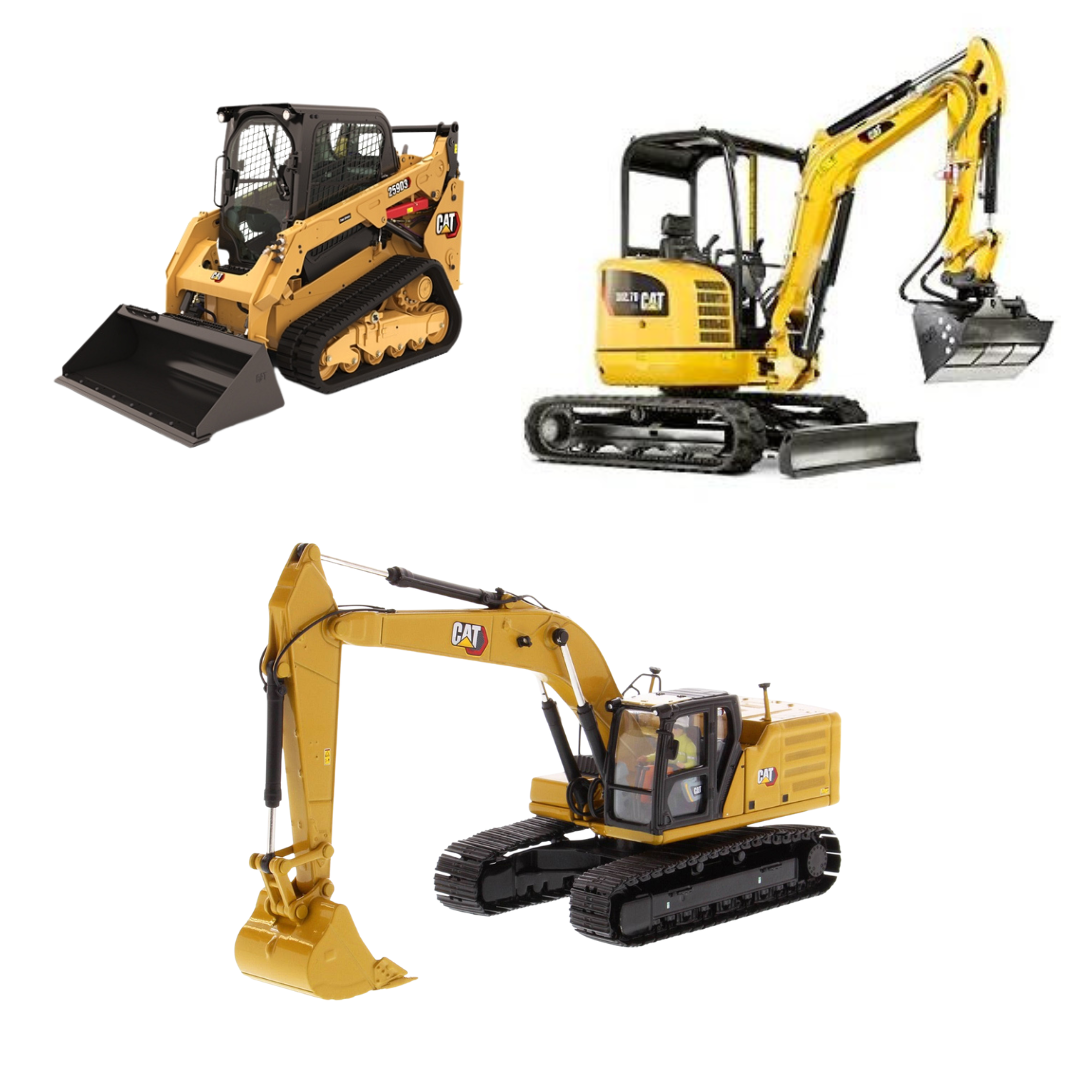Optimize Your Budget by Recognizing the Expenses Associated With Building And Construction Devices Leasings
Understanding the complete scope of prices related to construction equipment services is important for optimizing your budget. While the preliminary rental charge may appear uncomplicated, various additional costs-- such as transport, fuel additional charges, and maintenance-- can promptly collect, impacting your monetary preparation. Additionally, recognizing different costs and the ins and outs of rental arrangements can assist stay clear of unexpected monetary worries. What techniques can be used to efficiently handle these costs and make sure an extra reliable rental experience?
Review of Rental Expenses
When considering building equipment leasings, comprehending the linked prices is paramount for efficient budgeting and project planning. Rental prices can vary dramatically based on a number of variables, including equipment type, duration of rental, and place. The first rental fee usually shows the devices's market need and its associated functional capacities, influencing the general expenditure.
Along with the base rental price, secondary prices might occur, such as transportation fees, fuel additional charges, and maintenance fees. It is important to account for these additional costs to precisely analyze the overall expense of leasing tools. Furthermore, the rental period can impact prices; longer leasings might get discounted rates, while short-term services might incur higher everyday fees.

Failure of Rental Prices
A detailed understanding of rental rates is important for contractors and job managers aiming to enhance their budgets. Rental rates for building and construction tools normally include several parts, including base rates, time-based costs, and usage costs.
Base rates are the core charges related to the leasing of the devices, frequently determined by the kind and size of the equipment. These rates can vary dramatically, affected by factors such as tools demand, schedule, and regional market fads. Time-based fees, which may be daily, weekly, or monthly, offer to accommodate various job timelines and rental periods.
Furthermore, rental rates might include use charges, which apply when devices is utilized past a specified limit, guaranteeing that the rental firm can represent wear and tear. Seasonal need changes can additionally impact rental prices, with peak building and construction periods generally regulating greater rates.
Moreover, comprehending the rental firm's policies relating to maintenance and insurance policy can provide additional understanding into the overall expense framework. By assessing these elements, contractors can make enlightened choices, guaranteeing the choice of rental equipment lines up with both job needs and budget restrictions.
Additional Charges to Consider
Understanding the complexities of extra fees is critical for specialists to handle their general service expenditures properly. Beyond the typical rental rates, numerous extra costs can substantially influence the overall heavy duty hydraulic door lift price of tools rental. These costs often include distribution and pickup charges, which can vary based on range and logistics included in carrying the tools to and from the job website.
Furthermore, some rental firms might enforce fuel surcharges if the tools is returned with much less fuel than when rented. It is additionally vital to know prospective cleaning costs, especially for specific equipment that calls for thorough upkeep after use.

Extensively evaluating the rental arrangement and clarifying these added charges upfront can aid professionals stay clear of unexpected costs and make sure that spending plans remain intact throughout the task lifecycle.
Maintenance and Fixing Expenses
Routine repair and maintenance expenses are commonly overlooked aspects that can considerably affect the general expense of building and construction equipment services. When renting out equipment, it is critical to think about not only the rental charges but additionally the possible costs linked with keeping the equipment in optimal operating condition.
Numerous rental companies include basic maintenance as part of the rental contract; nevertheless, more unexpected failures or extensive repair work can cause additional expenditures. It's important to assess the rental agreement thoroughly to comprehend what maintenance solutions are covered and what responsibilities fall on the occupant.
Moreover, tools that is not well-kept can result in ineffectiveness from this source on the task website, possibly raising and triggering delays project expenses. To reduce these threats, it is recommended to carry out normal examinations and maintain open interaction with the rental copyright regarding any issues that occur during usage.
Insurance and Responsibility Costs
Insurance coverage and obligation costs are essential elements that can dramatically impact the overall expense of construction tools services (rental company near me). These costs guarantee that both the rental company and the client are safeguarded from potential financial losses emerging from accidents, damage, or theft throughout the rental period

Additionally, clients ought to recognize any type of deductibles or exclusions in the insurance coverage plan, as these can affect potential out-of-pocket expenditures. Comprehending the terms and problems of any type of insurance protection is essential to prevent unanticipated prices. Ultimately, budgeting for insurance policy and responsibility costs can help make sure a smoother rental experience and shield versus economic risks connected with building projects.
Verdict
In conclusion, a comprehensive understanding of the costs connected with building and construction equipment rentals is essential for reliable budget plan administration. Ultimately, informed decision-making regarding devices leasings contributes to the general success of construction undertakings.
Rental costs can differ significantly based on several variables, including tools kind, period of rental, and place (rental company near me). The rental period can impact pricing; longer services may qualify for discounted prices, while temporary leasings could sustain higher everyday charges
By carrying out detailed research study and engaging with credible rental firms, contractors can effectively navigate the complexities of rental prices, inevitably optimizing their economic resources.
Beyond the basic rental prices, different extra costs can substantially affect the complete see it here cost of tools rental. Rental business frequently give obligation insurance policy that covers injuries to third events or damage to building, while tools damages insurance can cover the cost of repair work or substitute if the leased tools is harmed.